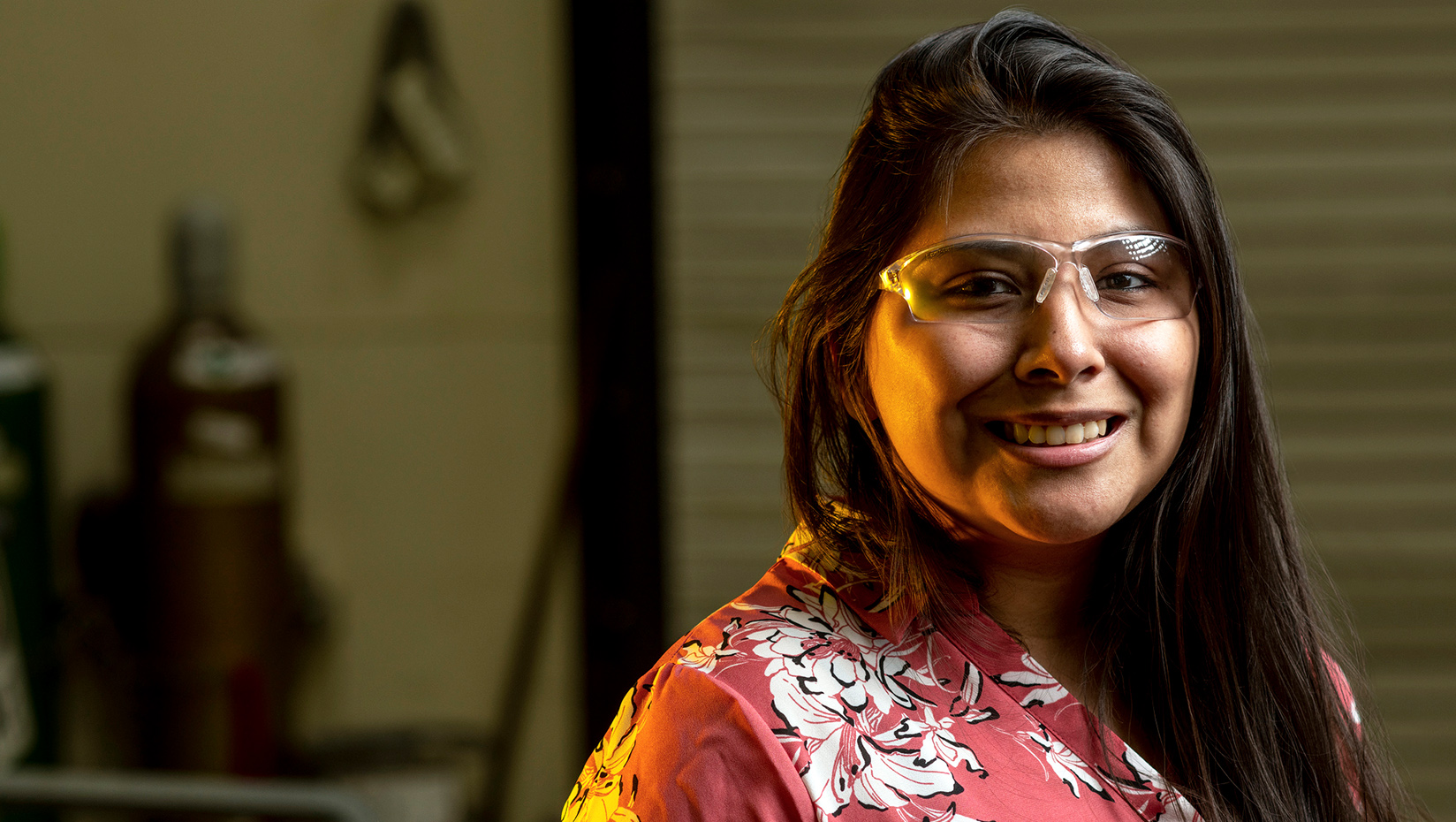
Josephine Roussell: Ocean steward helps develop oyster sorter
Editor’s note: Story updated June 3.
There are lots of oysters on Josephine Roussell’s plate.
A few literally, and many more figuratively.
The 2018 University of Maine graduate is a research technician on a team designing a sorter for small-scale oyster growers.
Aquaculture already provides more than 50 percent of seafood worldwide, according to the National Oceanic and Atmospheric Administration. And in Maine, it’s a chance for coastal communities, and fishermen and women to diversify marine economic opportunities.
In 2016 in Maine, about 2 million pounds of farmed oysters were valued at more than $5 million, according to Maine Sea Grant. And in 2017, the Maine Department of Marine Resources issued more than 400 limited-purpose aquaculture permits to more than 100 independent businesses.
Roussell is involved with building an affordable, portable, manually powered sorter for growers to organize oysters in batches of similar sizes. Sorting is an essential part of oyster farming maintenance, says Roussell. And it’s exceedingly time consuming when done by hand.
Last summer, the Long Beach, California native asked oyster farmers affiliated with the Georgetown Aquaculture collaborative to test the first prototype. Roussell, who earned a degree in marine sciences and minored in fisheries, is using the feedback to build a better version.
She’s teaming on the project with Joshua Stoll, a UMaine assistant research professor and owner of Georgetown Island Oyster Co.; Heather Leslie, director of the Darling Marine Center; John Belding, director of the Advanced Manufacturing Center; and Dana Morse, extension agent with Maine Sea Grant.
Since starting the project, which was made possible by funding from SEANET (Sustainable Ecological Aquaculture Network), Roussell has enjoyed eating a few of the saltwater bivalve molluscs, or Crassostrea virginica.
She can tell by their flavor where in Robinhood Cove the oysters grew. Their taste is affected by the algae they eat, as well as their growing location’s water flow, temperature and salinity.
The team recently was awarded Maine Innovation, Research and Technology Accelerator (MIRTA) funding. The grant is for research projects — linked to industries important to the state’s future — that are en route to becoming commercial products.
Roussell crossed the country to attend UMaine because of its top-notch School of Marine Sciences and the immersive, field-oriented Semester By the Sea program at the waterfront Darling Marine Center in Walpole.
In high school, Roussell became fascinated with corals and tidal pool creatures when she was a VolunTEEN at the Aquarium of the Pacific. For Roussell, who was considering a career in pharmaceuticals, the experience was life-changing.
“That fueled my passion for the ocean,” she says. “I wanted to be an ocean steward. It stuck with me.”
Roussell, who has a cat named Jaguar, likes the taste of boba drinks, and enjoys making healthy meals on a budget, says it’s gratifying to work with oyster farmers who are growing sustainable aquaculture.
People interested in learning more about the oyster sorter project can email Roussell at josephine.roussell@maine.edu or Stoll at joshua.stoll@maine.
